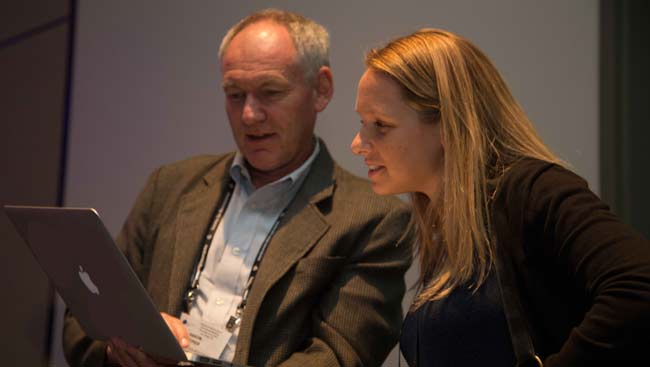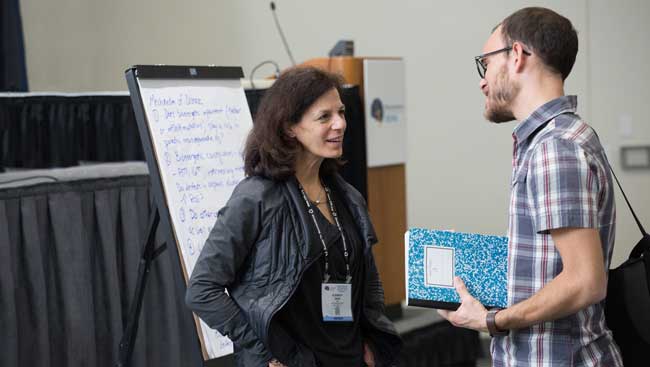
As I shared in The 4 Purposes of Peer Review, reviewers are responsible for looking at specific criteria focused on scientific rigor, breadth of details, inconsistencies, and presentation. Here, I try to help you understand what you’re not supposed to do as a reviewer.
Thinking of the next experiment.
You can speculate on it and offer suggestions, but requiring the next experiment is not your job — it’s the authors’ role. You might require experiments to clarify the current study, but not to realize the next finding. There's always more work to do, and good studies always raise more questions than they answer.
Questioning the validity of the work.
You should trust the authors at face value. We're all scientists and our whole system is based on mutual trust. If, however, you feel that a particular claim is extraordinary, you can request that there be extraordinary proof. The authors do have the burden of proof when they're saying something completely new. However, you shouldn’t make statements like, "I just don't believe it. I don't think this could possibly be true. This is too surprising or too shocking." The data are the data and should be accepted as such.
Rewriting the manuscript.
There are lots of different writing styles. You can make suggestions for what you think would be a different writing style, and you can do some editing, but don't go through and edit the entire manuscript. That's a waste of your time, and not your job. It's going to make the job of reviewing very unpleasant for you, very quickly, if you spend all of your time editing. Yet, a little bit is ok. Everybody appreciates being told that a sentence is unclear, or that they made a typo or left out critical word.
Trying to win friends and influence your enemies.
You are the gatekeeper. You must maintain an unbiased stance in your role as a reviewer of a manuscript. No matter how much you might want the particular study to be published, you have to maintain your own rigor as a reviewer.
Adapted from SfN’s webinar, Tricks of the Trade: How to Peer Review a Manuscript, which is available for all members to watch on-demand.











